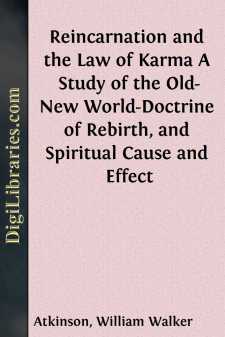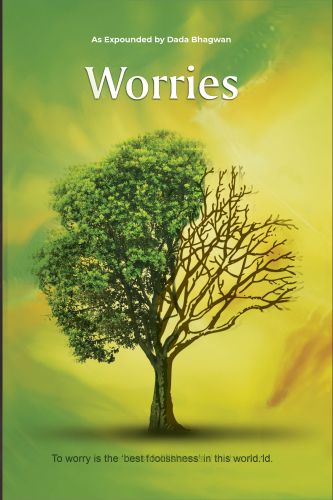Categories
- Antiques & Collectibles 13
- Architecture 36
- Art 48
- Bibles 22
- Biography & Autobiography 813
- Body, Mind & Spirit 142
- Business & Economics 28
- Children's Books 17
- Children's Fiction 14
- Computers 4
- Cooking 94
- Crafts & Hobbies 4
- Drama 346
- Education 46
- Family & Relationships 57
- Fiction 11829
- Games 19
- Gardening 17
- Health & Fitness 34
- History 1377
- House & Home 1
- Humor 147
- Juvenile Fiction 1873
- Juvenile Nonfiction 202
- Language Arts & Disciplines 88
- Law 16
- Literary Collections 686
- Literary Criticism 179
- Mathematics 13
- Medical 41
- Music 40
- Nature 179
- Non-Classifiable 1768
- Performing Arts 7
- Periodicals 1453
- Philosophy 64
- Photography 2
- Poetry 896
- Political Science 203
- Psychology 42
- Reference 154
- Religion 513
- Science 126
- Self-Help 84
- Social Science 81
- Sports & Recreation 34
- Study Aids 3
- Technology & Engineering 59
- Transportation 23
- Travel 463
- True Crime 29
The Superstitions of Witchcraft
by: Howard Williams
Categories:
Description:
Excerpt
CHAPTER I.
The Origin, Prevalence, and Variety of Superstition—The Belief in Witchcraft the most horrid Form of Superstition—Most flourishing in the Sixteenth and Seventeenth Centuries—The Sentiments of Addison, Blackstone, and the Lawyers of the Eighteenth Century upon the Subject—Chaldean and Persian Magic—Jewish Witchcraft—Its important Influence on Christian and Modern Belief—Greek Pharmacy and Sorcery—Early Roman Laws against Conjuration and Magic Charms—Crimes perpetrated, under the Empire, in connection with Sorceric Practices—The general Persecution for Magic under Valentinian and Valens—German and Scandinavian Sagæ—The probable Origin of the general Belief in an Evil Principle.
Superstition, the product of ignorance of causes, of the proneness to seek the solution of phenomena out of and beyond nature, and of the consequent natural but unreasoning dread of the Unknown and Invisible (ignorantly termed the supernatural), is at once universal in the extent, and various in the kinds, of its despotism. Experience and reason seem to prove that, inherent to and apparently coexistent with the human mind, it naturally originates in the constitution of humanity: in ignorance and uncertainty, in an instinctive doubt and fear of the Unknown. Accident may moderate its power among particular peoples and persons; and there are always exceptional minds whose natural temper and exercise of reason are able to free them from the servitude of a delusive imagination. For the mass of mankind, the germ of superstition, prepared to assume always a new shape and sometimes fresh vigour, is indestructible. The severest assaults are ineffectual to eradicate it: hydra-like, far from being destroyed by a seeming mortal stroke, it often raises its many-headed form with redoubled force.
It will appear more philosophic to deplore the imperfection, than to deride the folly of human nature, when the fact that the superstitious sentiment is not only a result of mere barbarism or vulgar ignorance, to be expelled of course by civilisation and knowledge, but is indigenous in the life of every man, barbarous or civilised, pagan or Christian, is fully recognised. The enlightening influence of science, as far as it extends, is irresistible; and its progress within certain limits seems sure and almost omnipotent. But it is unfortunately limited in the extent of its influence, as well as uncertain in duration; while reason enjoys a feeble reign compared with ignorance and imagination. If it is the great office of history to teach by experience, it is never useless to examine the causes and the facts of a mischievous creed that has its roots deep in the ignorant fears of mankind; but against the recurrence of the fatal effects of fanaticism apparent in the earliest and latest records of the world, there can be no sufficient security.
That 'speculation has on every subject of human enquiry three successive stages; in the first of which it tends to explain the phenomena by supernatural agencies, in the second by metaphysical abstractions, and in the third or final state, confines itself to ascertaining their laws of succession and similitude' (System of Logic, by J....












